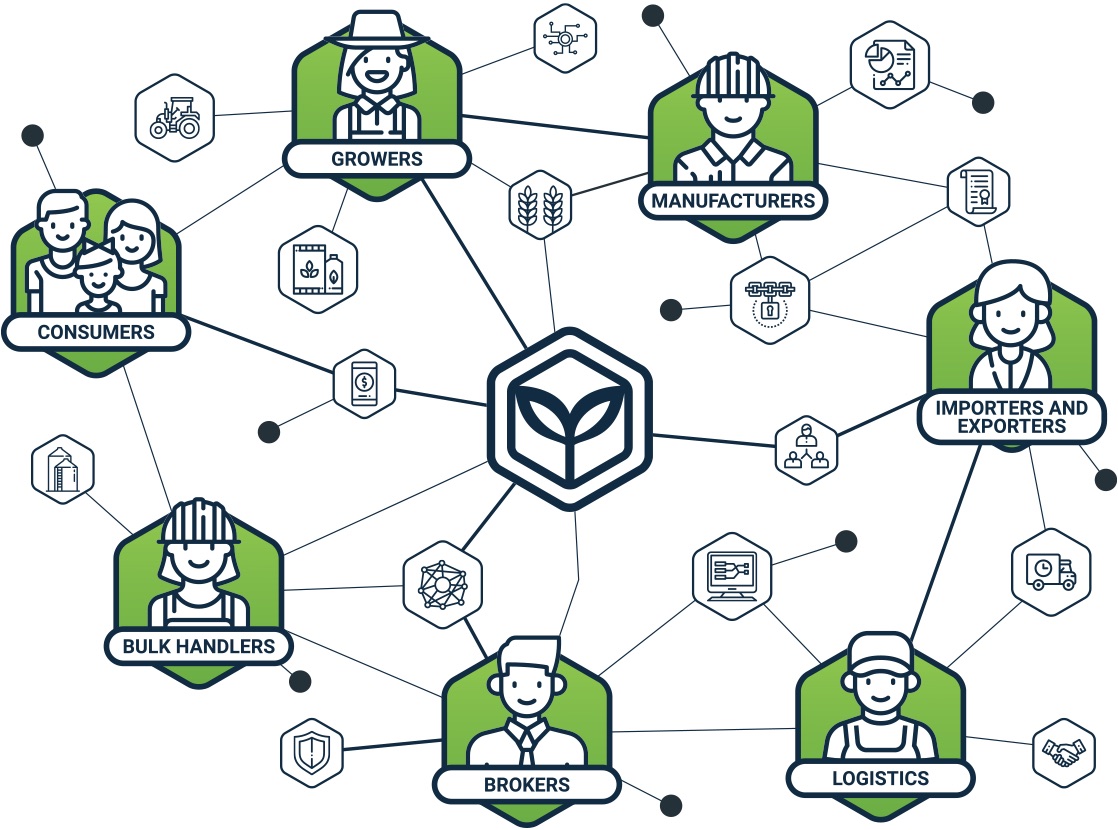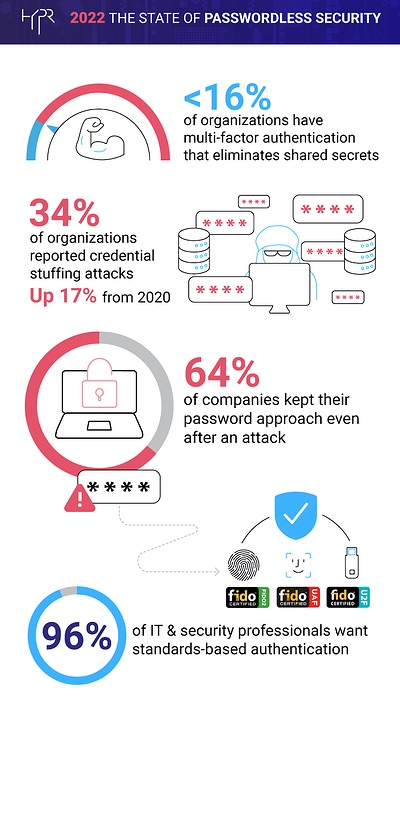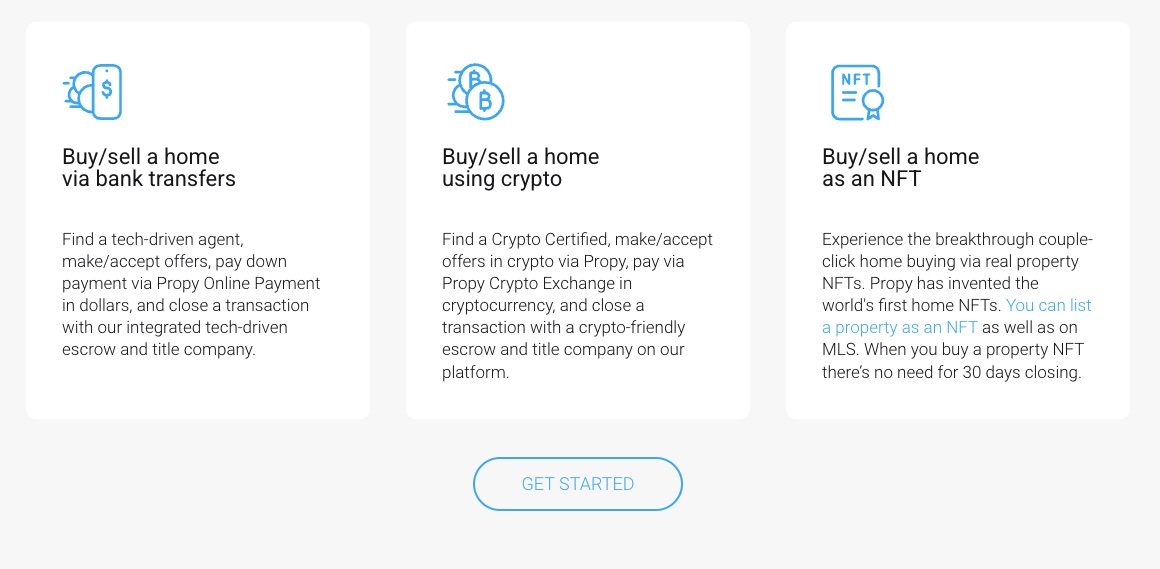Blockchain revolution #2. Explore 5 branches that are ready for Web 3.0
Karolina Kondrak
10 min of reading
Blockchain is a true chameleon - it keeps adapting to new markets and surprising us with its unparalleled traits of reliability, transparency, and trustworthiness. It's no wonder that more and more industries are eager to jump on the blockchain bandwagon!
In this article, we'll take you on a journey through five industries that have already felt the blockchain's impact or are poised to do so in the near future. Brace yourself for a revolutionary ride as we show you how this cutting-edge technology is reshaping business as we know it.
We'll even treat you to a sneak peek of some groundbreaking projects that are already making waves in the next-generation web, Web 3.0. But if you're still craving more blockchain goodness, be sure to check out our previous post in this series, where we delve even deeper into innovative solutions in various business areas.
And if that's not enough, don't forget to download our comprehensive e-book, where we've gathered all the crucial information about the blockchain-driven revolution in one convenient place. Don't miss out on the future – join the blockchain revolution today!
1. High tech and education? This makes sense
What blockchain can bring to education
Blockchain-based solutions are set to transform the education industry by elevating the accuracy, security, and privacy of student data. In traditional as well as online schooling, the storage and issuance of certificates of knowledge like diplomas, grade and attendance records will be key areas for this innovative technology. The future seems to be in tokens that authenticate skills acquired by individuals.
Tokens with soul instead of a CV
The future of digital identity lies in soul-bound tokens that combine multiple tokens into a single wallet. Such tokens will comprise certificates of completed education or work experience issued by universities or colleges. They serve as an extended CV, with a collection of verified and dependable information, highlighting an individual's educational history. This method provides advantages over the traditional 'diploma' model for numerous reasons.
Advantages of Soul-bound Tokens in Education:
- Comprehensive Information: Soul-bound tokens can contain more information about a learner's educational journey, including work samples and teacher comments.
- Greater Control: Learners have the flexibility to choose which parts of their learning chain they want to share publicly or privately.
- Automatic Analysis: Tokens can indicate important factors such as illness, which may have affected a learner's academic performance.
- Holistic Assessment: Tokens awarded by teachers for achievements or projects can provide a more insightful and comprehensive assessment of the student's skills and knowledge.
- Enhanced Verification: Employers can easily verify the skills and additional courses completed by a candidate, making the hiring process more efficient and effective.
Selected projects using blockchain in the education industry:
Acadex Network
Acadex describes itself as a decentralised learning point based on blockchain, metaverse and NFT. The platform is expected to combine multiple functionalities such as:
- remote learning (Academa),
- payment system,
- student loans,
- NFT certificates/diplomas,
- NFT library and learning awards (Proof of Knowledge).
The academy at the core of the whole concept is to be an educational hub for lecturers, creators, teachers and students. Virtual reality technology is to be used within the lessons to make the teaching of knowledge more accessible and effective, both by tutors and with the use of advanced tutorials.
2. Blockchain-enriched agriculture
Which areas of agriculture can be enhanced by blockchain
Blockchain-based agriculture and food supply chain are forecast to experience a compound annual growth rate (CAGR) of 7% for this market between 2021 and 2028. Why so much interest in blockchain among farmers? Blockchain technology can bring a lot of value and improvements to farming operations.
Supply chain
The combination of the Internet of Things and blockchain technology can significantly improve the supply chain. The optimisation of the supply chain is expected to come from quick access to information about the origin of the product, the inventory status or to transport tracking. Data stored on the blockchain will provide a comprehensive, secure and reliable source of information for analysis.
Insurance policies
Blockchain means security not only in data protection - it can streamline crop and harvest insurance matters. Automation and smart contracts will influence a fairer and more efficient selection of policies or a lowering of premiums. This will come through the use of geolocalisation and weather information, as well as automation and smart claims payments. Examples include automatic payments without intermediaries or claims submission when a specific scenario covered by a contract provision occurs.
Trading
Blockchain has huge potential in this area. It can significantly improve sales by directly accessing target customers without the need for intermediaries. The absence of additional transaction fees means more money in the pockets of counterparties.
Selected blockchain projects in agriculture:
- Etherisc
A decentralised insurance platform offering, among other things, smart insurance contracts for farmers, using weather data relevant to the policy taken out and automatically paying claims.
- Agrichain
A platform for transferring information and connecting participants in the supply chain. Enables farmers and growers, as well as intermediaries and logistics companies, to make more informed decisions. Increases the efficiency of inventory management and reduces unnecessary documentation.
- Lemonade Crypto Climate Coalition
A platform of insurance and blockchain companies set up to provide affordable insurance for farmers in economically and climatically challenging areas (e.g. Africa). The coalition aims to offer farmers parametric insurance, in which compensation is paid when a contractually defined incident (e.g. a set level of rainfall or lack thereof) is recorded. The affected parties, therefore, do not have to report anything, the payment will be made automatically. This is all thanks to smart contracts and using weather data.

Application of blockchain technology in agricultural supply chains by Agrichain. Source: AgriChain
3. The power of two chains: blockchain-backed delivery
What the combination of blockchain and supply chain offers
Where blockchain and supply chain combine, the space for weak links shrinks considerably. The immutable nature of blockchain makes it well suited to tasks such as tracking goods in real time as they move and change owners throughout the supply chain. It ensures that the data collected is reliable and fraud-proof: the data cannot be tampered with or altered. Using the blockchain opens up several opportunities for companies transporting these goods. Blockchain entries can be used to queue events in the supply chain - for example, allocating goods newly arriving at the port to different transport containers.
Selected projects linking blockchain and supply chains:
- CargoCoin - Blockchaining Logistics
A platform aimed at optimising the entire process of transporting goods by integrating different modes of transport (land, sea, air) with the activities of freight forwarders and freight exchanges. In addition, the service provides tools for document exchange and real-time payments, with low commissions. Full functionality is expected to be possible in the second half of 2023.
- Everledger
A tool using blockchain to monitor the life cycle of products, mainly precious stones, wines, artworks and other luxury goods. The programme tracks the history of a commodity from the production (or mining) stage through successive operations, transactions and up to the final recipient. In the case of diamonds, the client receives complete information on the origin and previous owners of the gem, as well as its weight, colour and clarity.
- Skuchain: Currency Agnostic Blockchain for Global Trade
A service that secures business-to-business commercial transactions with smart contracts. Receivables for transactions are transferred to the selling party upon delivery of the goods. In addition, the system facilitates inventory tracking, order and contract management providing greater transparency and supply chain efficiency.
- Maersk | Integrated Container Logistics & Supply Chain Services
Maersk has joined forces with IBM to bring blockchain to global trade. Both companies will use blockchain to better understand the supply chain and digitally track goods across international borders in real time.
- ShipChain
ShipChain is a blockchain-based system that handles the entire shipping process. From the moment a shipment leaves the factory to the moment it arrives at its destination, the logistics ecosystem securely tracks and documents every movement, creating a transparent ledger.
4 Blockchain in the service of cyber security
Cyber attacks affect small and large players: even such bigwigs in the digital world as Google and Amazon have not escaped hacker attacks on their servers. These were DDoS (distributed denial-of-service) attacks that took advantage of the decentralised nature of the network: this allowed the cyber villains to remain anonymous and defeat security.
Why blockchain is a good solution for digital security
Interestingly, blockchain is a very effective panacea against attacks by hackers, fighting them with their own weapons. This is because blockchain is so effective due to similar characteristics: distributedness, decentralisation and consensus methods. When using the Proof of Work method, hackers need to gain control of a large proportion (51% attack) of nodes, which translates to huge computing power, high energy requirements and massive costs. And the larger the blockchain network, the more difficult it is to launch an attack.
In which areas blockchain and cyber security make sense
The high level of security that blockchain offers can find application in many projects such as:
- Identity protection (DID, Verifiable credentials).
- Keeping messages secure.
- Creation of secure databases and analyses using Artificial Intelligence.
- Protection of data and its transmission.
- Protection against DDoS attacks through DNS decentralisation.
- Authentication of IoT software and devices, e.g. update protection (against attacks by malicious updates).
Selected projects combining lockchain and cyber security:
- Hypr
A 'passwordless' authentication service using mobile devices. The platform runs on Windows, macOS, Linux and also supports virtual desktops. Effectively eliminates hacking attacks such as 'man in the middle', PUSH or credential stuffing.
- Xage Security
A blockchain-based suite of solutions for user, application and device security (also for IIOT, or industrial IoT). The service allows identity and access management with zero trust, protecting existing systems and data. In 2022, Xage received USD 8 million in funding and a total of USD 59 million, further confirming investor interest in the development of the cyber security area.
- Microsoft Entra
The service, thanks to its decentralised system, is expected to provide rapid verification of credentials. The solution is expected to eliminate the proliferation of identity data among service providers and give individuals and organisations full control over the information they share. Although the service is new, the concept of decentralised identifiers (DID) has been developed previously by Microsoft ION. Elements of it are also planned to be used by Jack Dorsey in his 'Web 5.0' concept.

Results of Hypr's 2022 report on the state of conventional and passwordless authentication in companies. Source: Hypr
5. The modern real estate market powered by blockchain
Technologies for tokenisation of the real estate market
Blockchain technology has created the possibility to invest in real estate using tokens, such as NFT (non-fungible token). Through the tokenisation process, also based on blockchain, we are able to transfer assets to the digital world. The NFT, non-fungible token, in simple terms, serves as a digital proof of authenticity that an asset belongs to a specific person. This allows digitised assets to be traded and circulated online.
Why blockchain and NFT work well in the property market
Acquiring real estate involves large expenses in one go. Real estate tokenisation means creating tokens on blockchain and assigning them to real value in the form of existing properties. Tokens can act similarly to shares, but also serve as a means to raise capital for development investments, giving more investors the chance to participate in the venture: investors are not limited by portfolio size and location.
Less paperwork: smart and secure contracts
With blockchain-based platforms, we gain the ability to execute transactions without intermediaries and without the use of paper documentation. Distributed Ledger Technology (DLT) makes it possible to carry out an investment transaction in a secure manner. Moreover, it can provide anonymity for both parties (the exception may be tokens acting as shares, which require identification of the buyers). Transactions can also be more automated and executed securely, including at a distance. All this means a much faster, easier and transparent investment process with relatively low risk. Such a convenient method of transaction, without intermediaries and in a way that ensures reliability and security, can be used not only for property purchases, but also for long-term and short-term rentals.
Real estate in Web3: metaverse projects
Blockchain helps to purchase real estate not only in the real world, but also in the metaverse. It is already possible to create virtual plots of land in the form of NFTs. One example is Decentraland, a virtual reality platform built on blockchain that allows users to buy and sell digital real estate. Big brands are following this trend and are keen to create their headquarters in the meta world. It is very likely that we will see projects like Sandbox and Decentraland (both companies reached multi-billion dollar valuations during the 2021 bull market) develop over the next few years, until every well-known brand owns its parcels of land in the metaverse in the form of NFTs or soulbound tokens.
Selected projects linking blockchain and real estate:
- Propy | Real Estate Transaction Automated
A platform using smart contracts and NFT to automate real estate sales. The service allows secure purchase and finalisation of transactions through integrated contract signing and payment systems.
- HomeJab
The service offers two types of service: the taking of professional real estate photos and a marketplace that allows you to buy a house as an NFT ( including payment).

Blockchain and real estate: the Propy platform makes it possible to sell and buy real estate with cryptocurrencies or in the form of NFTs. Source: Propy
What’s in store for blockchain
Although blockchain is still most strongly associated with Bitcoin and NFT, its visibility in the non-cryptocurrency world is growing. The above list of blockchain applications, while extensive, is not exhausted. In the coming quarters, we will certainly see more and more novel applications of this technology. We can expect the number of blockchain-based projects to increase and the existing ones to be perfected.
This series of posts and e-book were created to keep up with the possibilities of blockchain technology. They are based on the results of ICEO's multidisciplinary teams, made up of experts in each field. We are constantly learning and looking for new insights on technology trends and innovative companies. To learn more, simply download our e-book on the blockchain revolution.


